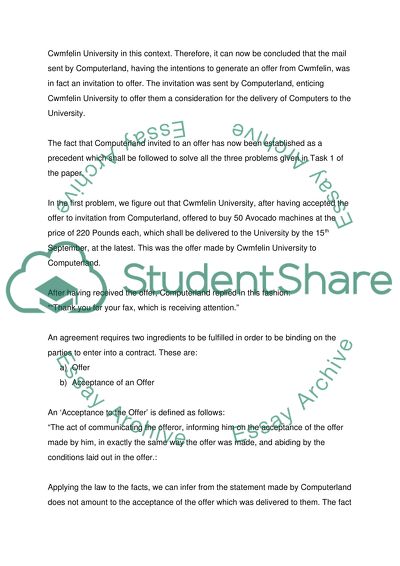Cite this document
(“Law of Contract Coursework Example | Topics and Well Written Essays - 2250 words”, n.d.)
Retrieved from https://studentshare.org/finance-accounting/1405135-law-of-contract
Retrieved from https://studentshare.org/finance-accounting/1405135-law-of-contract
(Law of Contract Coursework Example | Topics and Well Written Essays - 2250 Words)
https://studentshare.org/finance-accounting/1405135-law-of-contract.
https://studentshare.org/finance-accounting/1405135-law-of-contract.
“Law of Contract Coursework Example | Topics and Well Written Essays - 2250 Words”, n.d. https://studentshare.org/finance-accounting/1405135-law-of-contract.


